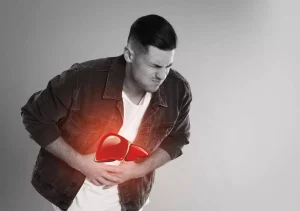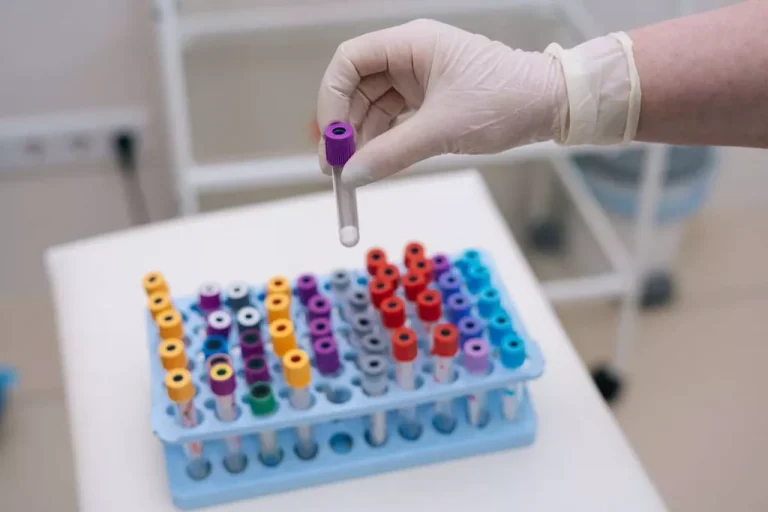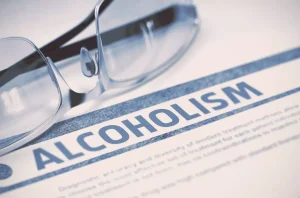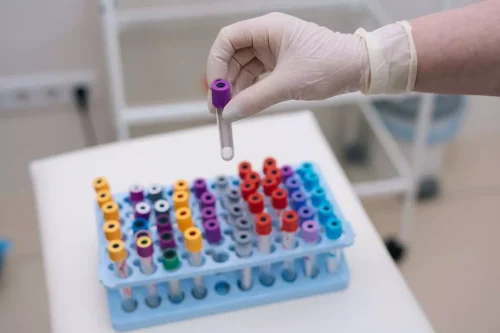
When you overindulge in alcohol, your liver, which is responsible for breaking down toxins like alcohol, can become overworked, explains Andrews. This may lead to fat buildup, inflammation and, eventually, scarring of liver tissue. “Over time, this repeated damage can result in cirrhosis, where the liver becomes so scarred that it loses functionality,” she explains.
Eat hydrating foods

With continued alcohol use, steatotic liver disease can lead to liver fibrosis. Eventually, you can develop permanent and irreversible scarring in your liver, which is called cirrhosis. But when you ingest too much alcohol for your liver to process in a timely manner, a buildup of toxic substances begins to take a toll on your liver. Dr. Sengupta shares some of the not-so-obvious effects that alcohol has on your body.
Dietary Intakes
Since alcohol travels through the bloodstream, it can travel to other areas of our body including the pituitary gland in our brain. The pituitary gland is responsible for regulating our growth, metabolism, and reproduction by creating and regulating hormones. When alcohol reaches the pituitary gland, it blocks the creation of vasopressin, which is known as the antidiuretic hormone or the hormone that helps us retain fluid in our body.

Your Liver May Be Damaged
Eating food before or during drinking can help slow down the absorption of alcohol into the bloodstream, which can reduce its dehydrating effects. Additionally, foods with high water content, such as fruits and vegetables, can help counteract the dehydrating effects of alcohol. Alcohol can lead to dehydration, but why does alcohol dehydrate you? When we drink alcohol, it gets absorbed into our bloodstream through our stomach but mostly through our small intestines. As the liver breaks down the alcohol, it is converted into a substance called acetaldehyde, which can be toxic in high doses.
Does Alcohol Cause Stomach Pain? Yes, And Here’s Why.
- Luckily, there are a few things you can try to stop dehydration from alcohol in its tracks.
- It’s best to drink while eating or just after, and to snack as you continue to drink.
- Things like trouble concentration, slow reflexes and sensitivity to bright lights and loud sounds are standard signs of a hangover, and evidence of alcohol’s effects on your brain.
- Receive encouragement from people worldwide who know exactly what you’re going through!
- When you hear the word “dehydration,” it’s easy to picture a cartoon character crawling across hot desert sand with an empty canteen and no hope in sight.
- If you have symptoms of alcoholic ketoacidosis, your doctor will perform a physical examination.
Alternating alcoholic drinks with water or other non-alcoholic beverages can also help maintain hydration levels. Alcohol dehydrates you, and it’s crucial to drink plenty of water and replenish electrolytes after consuming alcoholic beverages to restore optimal fluid balance. When you’re drinking more than usual, it’s important to remember to consume alcohol responsibly (for both your health and safety!). Alcohol is a diuretic, which means it moves fluid out of your body and can easily dehydrate you.
Additionally, making changes to the diet to replace dehydrating drinks may help. Over time, these changes can become habits and help correct dehydration issues. Lower levels of hydration in the body decrease the volume of the cells, which may impact a person’s blood sugar. Wine also tends to have a higher sugar content, which may further contribute to the dehydrating effects.

In addition to water loss, drinking alcohol can also lead to electrolyte imbalance—especially sodium. Alcohol consumption lowers your sodium levels, primarily because of low solute (protein and salt) intake as compared to free water intake. Under normal conditions, the kidneys require solute to excrete free water. In the absence of adequate amounts of solute, kidneys hang on to more free water, thereby diluting the sodium concentration in the blood. Fasted blood samples were collected on the mornings of test days 1–3.
What To Do if You’re Dehydrated From Alcohol
When you’re feeling a hangover, it’s important to explore the root cause. A bottle of whiskey on the mountain after a full day of skiing and snowboarding sounds like a dream. If you’re drinking at altitude (and you’re not used to it!) remember that dehydration is a much bigger concern. Above 5,000 feet elevation, your body can lose fluids almost twice as fast as it can at drinking alcohol and dehydration sea level.
There is no “safe” level of alcohol in your bloodstream, but there is evidence that side effects increase alongside BAC. Drinking more than that—especially with an already damaged liver—can cause alcohol levels to build. As you drink alcohol, it accumulates in your body—especially if you drink large amounts at a fast pace.
